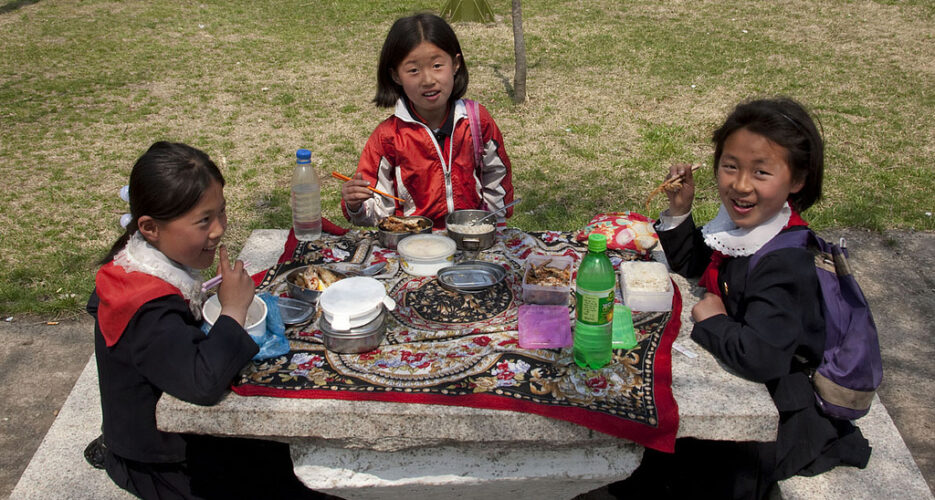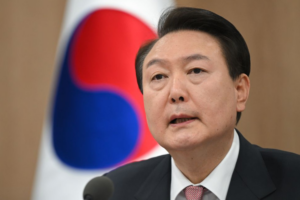In the 1990s the citizens of the Democratic People’s Republic of Korea (DPRK) endured a devastating famine. Poor economic planning and structural problems left the country unable to feed its people, resulting in an estimated 1 million deaths. Floods and droughts in the mid-1990s provided the regime with an external source of blame. The DPRK had long been a recipient of fraternal assistance, particularly from China and the Soviet Union, but in 1995 launched its first wide-scale international appeal. In the decades since, the DPRK has hosted at least 180 international organizations (IOs) and non-governmental organizations (NGOs) working in both humanitarian and development aid.
Humanitarian aid intends to reduce human suffering and meet basic needs. Examples include food aid, supplementary nutritional aid, medical supplies and personnel, and water and sanitation programs. Humanitarian aid is thus often associated with emergencies, either natural or man-made, though it can also be necessary in cases of prolonged need. Development assistance has a wider remit, and is generally aimed at helping a state develop its infrastructure, governance, economy, and other capacities. This is an admittedly simple overview, but one that serves its purpose for examining the DPRK context.
In the 1990s the citizens of the Democratic People’s Republic of Korea (DPRK) endured a devastating famine. Poor economic planning and structural problems left the country unable to feed its people, resulting in an estimated 1 million deaths. Floods and droughts in the mid-1990s provided the regime with an external source of blame. The DPRK had long been a recipient of fraternal assistance, particularly from China and the Soviet Union, but in 1995 launched its first wide-scale international appeal. In the decades since, the DPRK has hosted at least 180 international organizations (IOs) and non-governmental organizations (NGOs) working in both humanitarian and development aid.
Humanitarian aid intends to reduce human suffering and meet basic needs. Examples include food aid, supplementary nutritional aid, medical supplies and personnel, and water and sanitation programs. Humanitarian aid is thus often associated with emergencies, either natural or man-made, though it can also be necessary in cases of prolonged need. Development assistance has a wider remit, and is generally aimed at helping a state develop its infrastructure, governance, economy, and other capacities. This is an admittedly simple overview, but one that serves its purpose for examining the DPRK context.
Try unlimited access
Only $1 for four weeks
-
Unlimited access to all of NK News: reporting, investigations, analysis
-
Year-one discount if you continue past $1 trial period
-
The NK News Daily Update, an email newsletter to keep you in the loop
-
Searchable archive of all content, photo galleries, special columns
-
Contact NK News reporters with tips or requests for reporting
Get unlimited access to all NK News content, including original reporting, investigations, and analyses by our team of DPRK experts.
Subscribe
now
All major cards accepted. No commitments – you can cancel any time.











